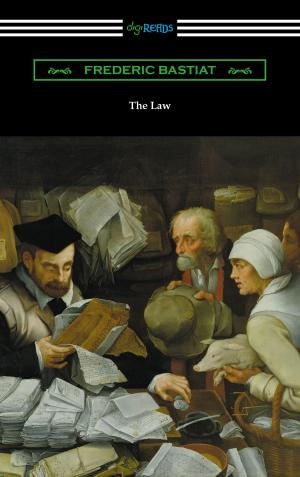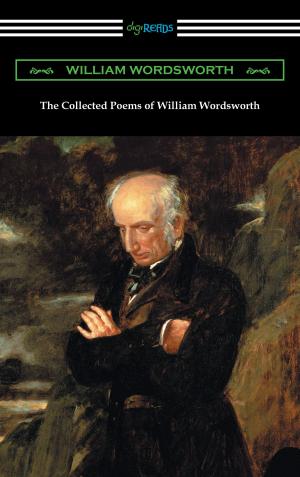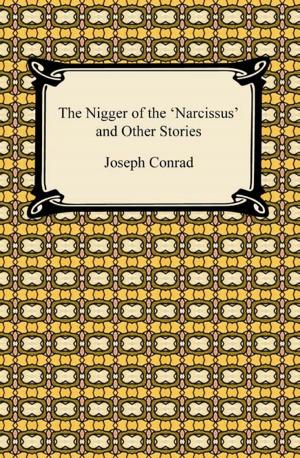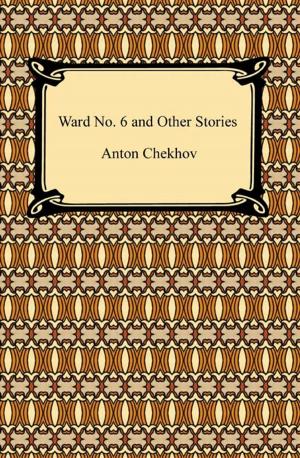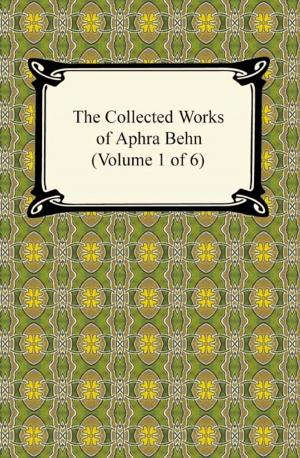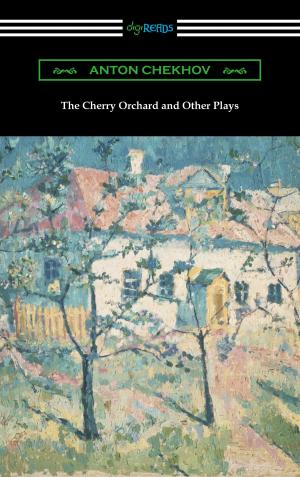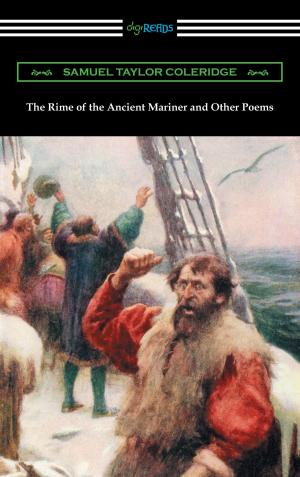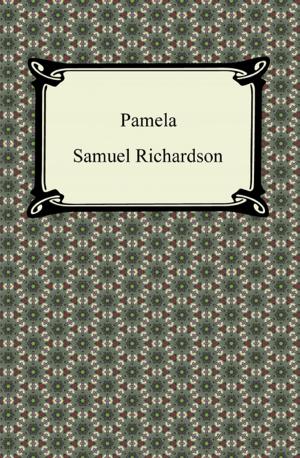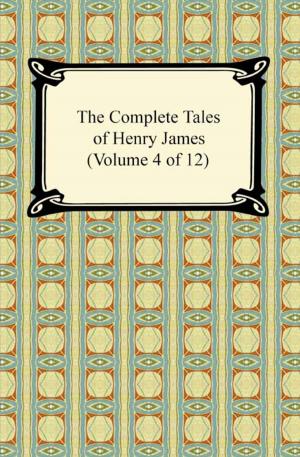| Author: | Ben Jonson | ISBN: | 9781420916997 |
| Publisher: | Neeland Media LLC | Publication: | December 15, 2009 |
| Imprint: | Digireads.com Publishing | Language: | English |
| Author: | Ben Jonson |
| ISBN: | 9781420916997 |
| Publisher: | Neeland Media LLC |
| Publication: | December 15, 2009 |
| Imprint: | Digireads.com Publishing |
| Language: | English |
Benjamin Jonson (1572-1637) was a Renaissance dramatist, poet and actor, known best for his satirical plays and lyric poems. His career began in 1597 when he held a fixed engagement in the "Admiral's Men", and although he was unsuccessful as an actor, his literary talent was apparent and he began writing original plays for the troupe. Jonson had a knack for absurdity and hypocrisy, a trait that made him immensely popular in the 17th century Renaissance period. From about 1599-1601, a rivalry emerged between Jonson and the playwrights John Marston and Thomas Dekker dubbed Poetomachia, or War of the Theatres. Scholars agree that "The Poetaster, or His Arrangement," portrays all three playwrights in the characters of Horace, as Jonson, Crispinus as Marston, and Demetrius Fannius as Dekker. The term poetaster refers to a poet of inferior verse, so it is no surprise that the play is a scathing attack on the talent and artistry of Jonson's rivals.
Benjamin Jonson (1572-1637) was a Renaissance dramatist, poet and actor, known best for his satirical plays and lyric poems. His career began in 1597 when he held a fixed engagement in the "Admiral's Men", and although he was unsuccessful as an actor, his literary talent was apparent and he began writing original plays for the troupe. Jonson had a knack for absurdity and hypocrisy, a trait that made him immensely popular in the 17th century Renaissance period. From about 1599-1601, a rivalry emerged between Jonson and the playwrights John Marston and Thomas Dekker dubbed Poetomachia, or War of the Theatres. Scholars agree that "The Poetaster, or His Arrangement," portrays all three playwrights in the characters of Horace, as Jonson, Crispinus as Marston, and Demetrius Fannius as Dekker. The term poetaster refers to a poet of inferior verse, so it is no surprise that the play is a scathing attack on the talent and artistry of Jonson's rivals.


